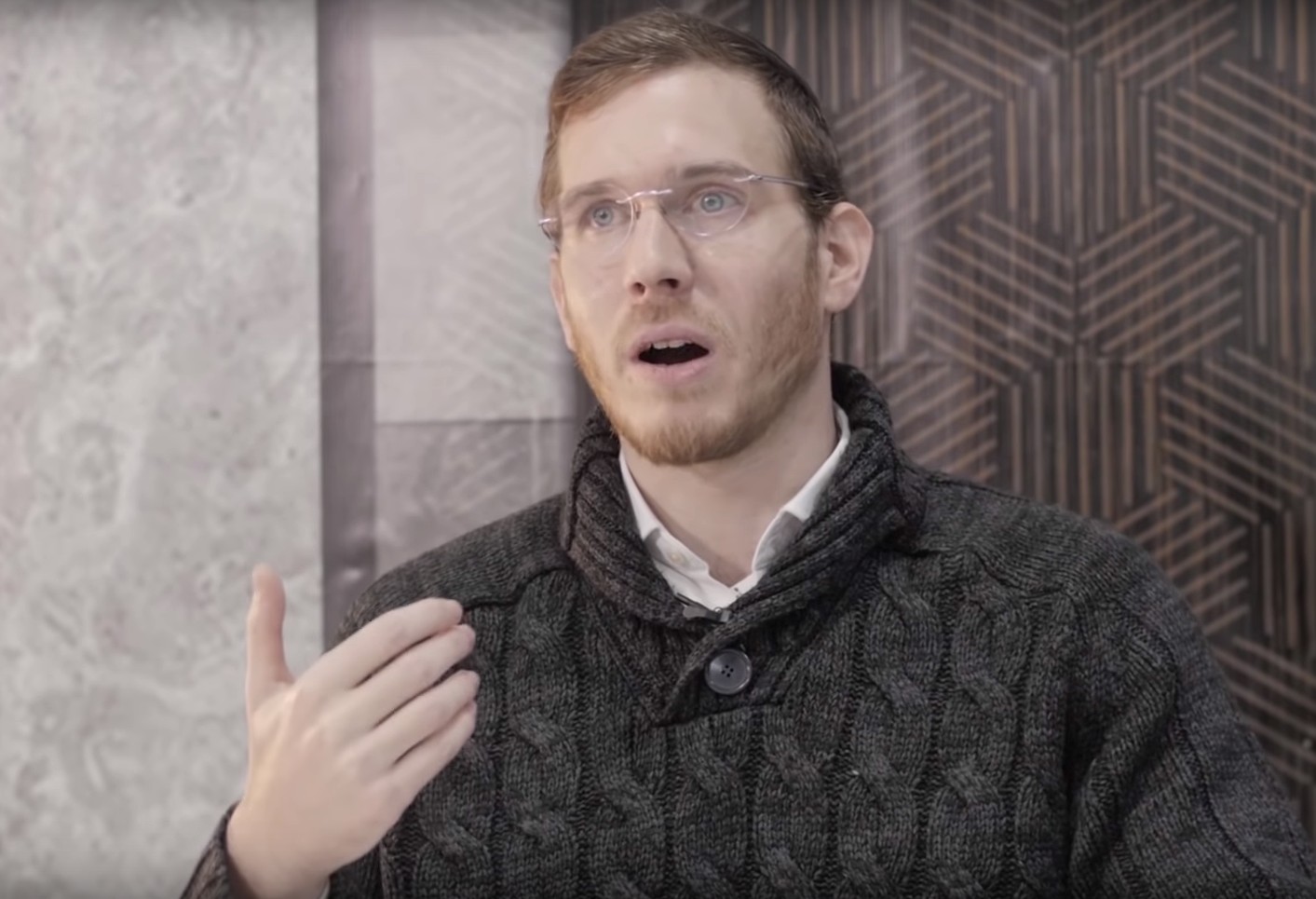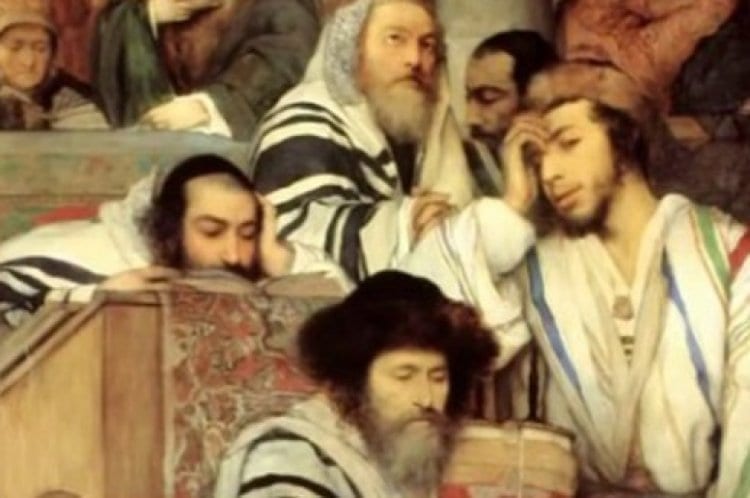“I'm angry with myself!”
“I don't recognize myself like this…”
What is this, are there two people having a conversation – me and myself?!
Don't worry, you haven't got schizophrenia.
There are different forces within a person which are opposed to one other. Opposite the mature, responsible disposition (Let's call it “I”) is the “self” which is a bit childish, lacks self-discipline and tends to make problems…
Let's let the “I” live in harmony and unison with the “self”, and thus both will thrive together.
From Mistake to Mistake
A man discovered that in his last salary he had received – probably by mistake – an extra 2000 shekels. He debated for a few hours whether to tell his boss, but in the end decided not to say anything.
A month later, 2000 shekels were deducted from his salary. He immediately went to the boss's office and complained about the terrible mistake.
The boss didn't get fazed. “Last month they made a mistake and added 2000 shekels to your salary and you didn't say anything. How comes you are coming now to complain about the accounting mistake?
“Maybe one time you made a mistake”, said the man, “I could understand. But twice?!”
Generally a person prefers to blame others rather than himself.
Despite this, there are situations when a person blames himself. He says to himself: 'I don't understand why I did this, I hate myself…'
It would seem that there are only two characters here – 'I' and 'myself', but one of the characters hates the other…
What's going on here?
Rabbi Elimelech of Lizhensk wrote in “Hanhagot Ha'adam”: “He should constantly visualize a man standing opposite him, one who never stops watching him. If the man would see something unpleasant in his actions, he would be embarrassed and would feel ashamed of himself“.
A person should always feel as if he is not alone. Such a perception can help safeguard him from performing improper actions. A person is embarrassed to act improperly in front of other people, but may allow himself to perform such actions surreptitiously. If a person would envisage another person with him he would be more careful not to sin.
The Quarreler and the Friend
Psychologists point to two types of personalities:
The first is a 'quarreler'. He is at odds with himself. He tends to say sentences like “I don't feel good about myself”, “I'm not happy with what I'm doing”, “I hate myself(!)”
Generally these feelings cause a person to suffer failure, depression, and lack of success in life.
Inside this person is an “I” which is usually strong, positive and mature, while on the other side of him lies the wimpy “self” which is lazy, childish and weak.
Let's take for example a person who is trying to overcome his smoking addiction. He has within him a mature and responsible 'I' who tells him to stop the ugly habit, which harms his health and that of those around him and also makes a significant hole in his pocket.
The 'I' feels weak and ashamed as it does not succeed in controlling the habit and passing the test.
For the quarreler, the 'I' has no appreciation or affection for the 'self'. A person may try, and may even succeed in overcoming and advancing slightly, but he has no positive feedback from that. He does not indulge himself and doesn't judge himself favorably. Due to this he loses faith in his abilities and like in a vicious cycle, his strength starts ebbing, his performances are less and less successful and he doesn't dare to initiate. Is it any wonder that he is unhappy with himself?
Since he is upset with himself and has no satisfaction or joy, his relationship with his peers suffers. He is irritated, jealous of others' success and blames them for his failures.
The other personality type is the 'friend'.
The friend, as his name suggests is friends with himself. He has a good relationship with himself, he is conscious of his personal needs and he indulges himself. He is aware of his abilities and innate qualities, but he has no problem identifying his weaknesses.
A person of the 'friend' type will succeed faster in recovering from downfalls. He doesn't take failures too hard and believes in his capabilities, he initiates and acts. As a result he is happy and calmer as well as being healthier. The friend has more chance of succeeding in life.
A sportsman once represented his country in an international competition and won a medal. In answer to a reporter who interviewed him, he said that he didn't perform for his country or for his family. He performed for himself…
There are people who are not at odds with themselves. They are not in a constant struggle with someone inside them, but rather work with that 'someone' in a joint team.
Whose Guilty?
A girl seeking a marriage partner, went out a large number of times but had not yet got engaged. She explained the reason for this as follows: “Two straight lines can never meet, so for this reason I'm looking for a crooked one“.
It's not always right to blame ourselves. Things are not always dependent on us.
To Sum Up:
Each of us has two aspect – 'I' and 'myself'.
The relationship between both of them has to be friendly, supportive and encouraging.
It is a good idea that the 'I' should encourage and give praise, since after all both the 'I' and the 'myself' are both me.
Just as we need to act towards another with encouragement and a pleasant countenance, without giving harsh and angry criticism, so we need to act towards ourselves.
The choice is ours forever – Should we look at the failures or the endeavors? At the good intentions or at the final results?
Let's be more indulgent, towards others and towards ourselves.





